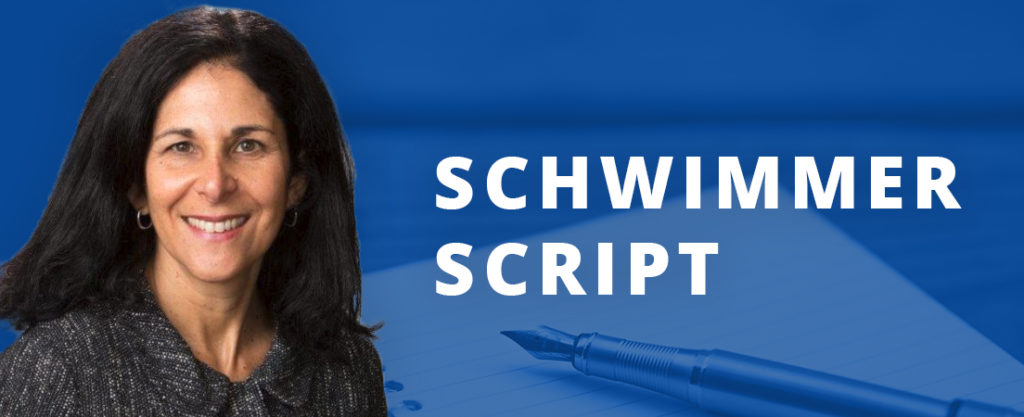It’s been twenty years since the Institute of Medicine released To Err Is Human and shined a light on the need to improve quality and safety in health care. Both the National Quality Forum (NQF) and the New Jersey Health Care Quality Institute started twenty years ago. Both organizations take a unique multi-stakeholder approach to our work. Twenty years ago, having everyone at the table was a revolutionary idea, according to NQF’s first President and CEO, Ken Kizer, MD, MPH, who spoke at a Forum celebrating NQF’s 20th anniversary. Back then, Dr. Kizer said, doctors and hospitals balked at including purchasers and patients in discussions on quality measures. Since then, the Quality Institute, NQF, and other advocacy groups have joined with the voices of consumers and purchasers to change health care for the better.
Now the multi-stakeholder concept is baked into our work and I’ve seen its importance in action. I’ve worked with providers and purchasers to design a Patient Centered Medical Home and a Maternity Episode of Care model, and I’ve listened to feedback from providers on The Leapfrog Group’s hospital and ambulatory surgery center safety survey question design. Whether it’s designing measures for public reporting or payment systems, listening to expert care providers who understand how care is delivered is essential. So is having purchasers such as large employer coalitions that want their employees to get the best quality care and avoid unnecessary care. And we must listen to patients who want care that is both safe and addresses their personal goals.
Although measurement is now an accepted reality in medicine, I hear a lot about provider burden with measurement. It’s a fair concern. For instance, NQF now has over 600 endorsed measures in its portfolio — but many of them are not routinely used, many overlap, and others could be improved. And we have critical areas such as home care and maternity care where we need more measures to drive safety and quality.
Improving these measures is a worthwhile investment. Indeed, at the NQF Forum, Kate Goodrich, Director and CMS Chief Medical Officer, made it clear that CMS, the nation’s largest payer, is not slowing down on alternative payment reforms that drive quality improvement. Money drives change and CMS is moving full steam ahead.
I am sympathetic to the concerns of providers. But we cannot turn away from quality measurement or transparency. Instead, we must work to align measurements so that providers and hospitals are reporting on meaningful measures rather than slightly different versions of the same measure — or measures that have not been reviewed and endorsed. Purchasers, including government, should respect providers’ time and align their reporting programs and models to make the journey to a safer health care system swifter and less burdensome for all. And we should be sure there are ways for consumers to use these measures as well.
As always, we welcome your thoughts and engagement on the journey we are all taking together.

